These High-Tech Sleep Gadgets Promote a Good Night's Rest
Welcome to Sleep Week! We're dedicating five days of content to one of our absolute favorite activities, and the products that make catching zzz's that much more enjoyable. Get ready to sleep tight.
Technology is not typically associated with a restful night's sleep. Screen time, electronics and anything with an "on/off" switch tend to get a bad rap when it comes to bedtime, and are often cited as causes of insomnia and circadian rhythm imbalances. But a handful of innovative sleep-enhancing technologies are flipping that framework on its head. They suggest that, perhaps, the solution to getting a better night's sleep is not simply banning all forms of technology from the bedroom; rather, it may be about turning to the right technologies.
"When used mindfully, tech can be a powerful ally in helping us improve our sleep quality and duration. The key lies in leveraging tech products to measure, understand and positively influence our sleep-related behaviors," says Dr. Fiona Gispen, an internal medicine physician and medical advisor for Loftie, which makes lamps and alarm clocks designed to enhance circadian rhythms.
Dr. Angela Holliday-Bell, a board-certified physician, sleep specialist and brand ambassador for Hatch, agrees that it's all about taking a smart approach to sleep technology. "There are definitely several benefits to using tech for sleep: I think tech can be a powerful tool that can be used to our advantage to help get our sleep schedule on track, track sleep quantity and quality and make waking up easier. The key is to use it responsibly," she says.
All of the experts we interviewed for this story agree that, when approaching the intersection of sleep and technology, you should look for gadgets that don't require screen time before bed — and, in fact, help reduce the need for screen time on other devices altogether.
"Tech, specifically our smartphones, has contributed to [sleep issues] for many, and having the world at our fingertips has most likely contributed to sleep disruptions for some," says Dr. Kiarra King, a physician, wellness expert and brand ambassador for Oura.
Wearable devices that track sleep are among the buzziest gadgets in the sleep space currently. "The Oura Ring, Fitbit, Whoop, Apple Watch and more have revolutionized our ability to monitor sleep. If used correctly, they can help us identify patterns or behaviors that are linked to poor (or great!) sleep," explains Dr. Gispen. "This data can then empower us to make informed decisions about our lifestyle and habits that can really change our sleep quality. Seeing the effects of our behaviors in real-time is also a powerful motivator for behavior change."
Access to such information can be a major plus, argues Dr. Allison Brager, a neurobiologist who specializes in sleep and circadian rhythms. (She also serves as a scientific advisor for Whoop.) "Platforms [that have explanations of] sleep stages and why they are important attached to their metrics [can be particularly helpful]," according to Dr. Brager.
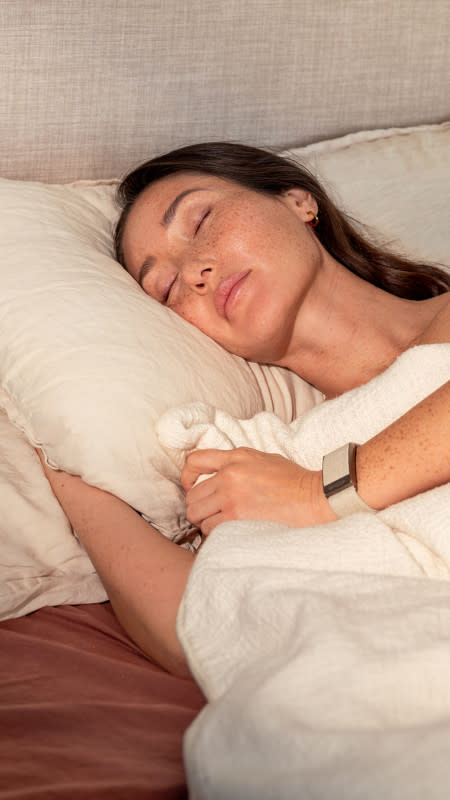
Photo: Courtesy of Whoop
"Oura's 'Sleep Score' is made up of seven elements known as 'Sleep Contributors.' They are designed to help determine which areas of your sleep need improvement, from total sleep time to time spent in deep sleep," explains Dr. King. She stresses that this type of information can be empowering, and curb the frustration that arises in those who feel their sleep issues are out of the realm of their control.
But Dr. Hailey Meaklim, a sleep psychologist who helped to develop wellness brand Centr's Power Sleep meditation, advises a strategic approach when it comes to using wearable tech to promote, enhance and track sleep: "The key to using wearable sleep tech to your advantage is to focus on your sleep patterns over time — for example, over the week — rather than worrying about one individual night of sleep quality data," she says. "You can't control your sleep stages. If we focus on how little deep sleep we got last night, this can increase our stress and anxiety about sleep, which can ironically worsen our sleep quality." She also cautions that, though they may be high-tech, "these devices are not perfect at measuring sleep stages like deep sleep, as they don't have EEG electrodes to measure your brain activity," so they are best regarded as a general guide rather than the Gospel of sleep truth.
Beyond simply tracking and providing data on sleep, many wearable companies — including Whoop and Oura — take things one step further, offering solutions to restless nights and low-quality sleep via content, like relaxing meditations, soothing music, white noise and soundscapes.
Dr. Meaklim appreciates app-based meditation programs because they make practicing mindfulness easier and more convenient. "Our modern busy lives can make people stressed and hyperaroused, which contributes to sleep problems. Apps like Centr and the Power Sleep series have made relaxation and mindfulness training for sleep accessible and affordable," she says.
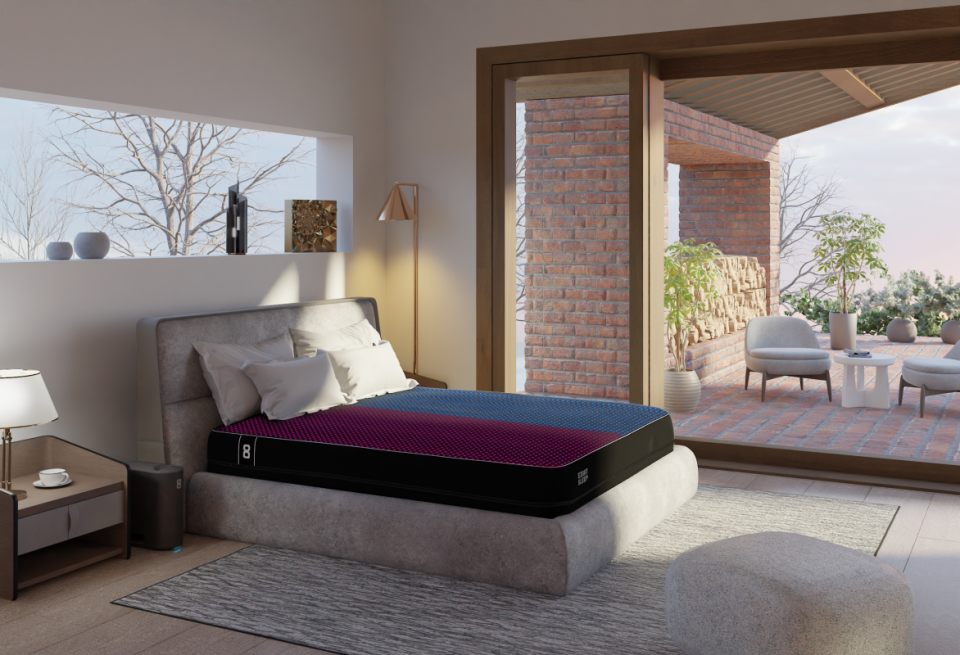
Photo: Courtesy of Eight Sleep
For those interested in both tracking and improving their sleep without having to rely on a wearable device, there's the slightly pricier Eight Sleep Pod, which is essentially a high-tech mattress cover that goes beneath the sheets.
"Eight Sleep has pioneered the integration of technology to enhance the sleep experience in revolutionary ways," says Eight Sleep Co-Founder and VP of Brand and Marketing Alexandra Zatarain. "[It] features innovative thermal regulation technology that allows users to precisely control the temperature of their bed. By maintaining optimal thermal conditions throughout the night, the Pod ensures users stay comfortably cool or warm, promoting deeper, more restful sleep," she explains.
The Pod also offers sleep tracking. Per Zatarain, it's "equipped with advanced sensors that monitor various sleep metrics, including heart rate, respiratory rate, and movement patterns – without the use of a wearable. This data is then analyzed to provide users with comprehensive sleep insights, allowing them to better understand their sleep habits and make informed adjustments to improve sleep quality."
Eight Sleep also leverages AI in combination with its sleep sensors. Together, Zatarain says these technologies have "allowed us to understand each individual, how they sleep, what they need to get the best sleep, and personalize the environment for them." Personalization, says, is particularly important.
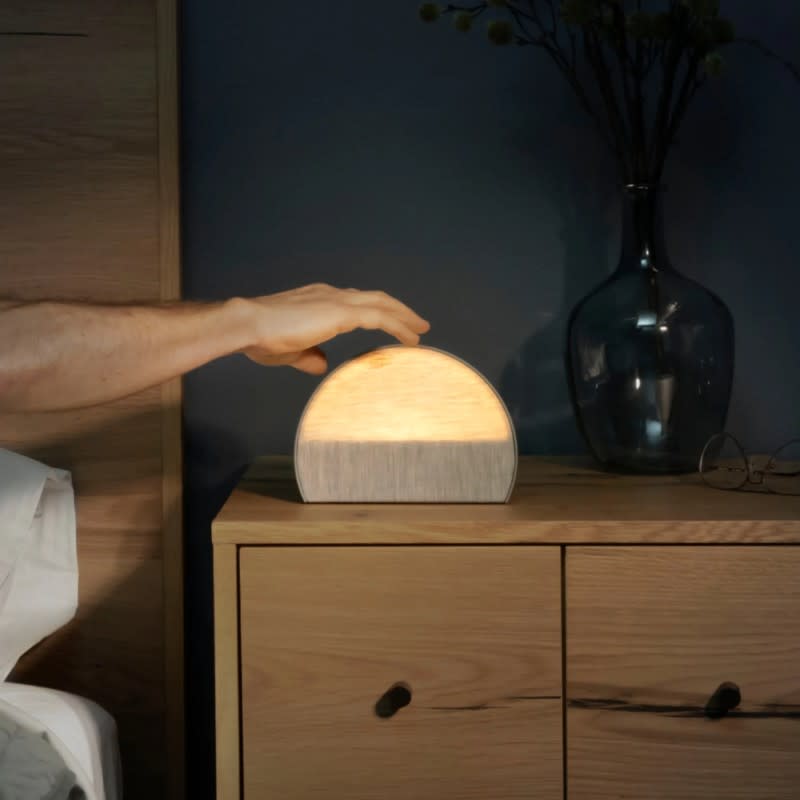
Photo: Courtesy of Hatch
Another simpler (and often more accessibly priced) category of sleep tech that's gained traction, especially in recent years, is light-based devices, such as the Loftie alarm clocks and lamps, Hatch alarm clocks and so on. These tools can help minimize the need for screen time — no more keeping your smartphone bedside and using it as an alarm clock! — while also promoting a regular sleep schedule and circadian rhythm-balancing behaviors.
Dr. Holliday-Bell stresses the importance of going to bed and waking up at the same time consistently, and notes how a "sunrise" alarm clock like the ones made by Hatch can be a part of this practice. "Regularity in your sleep schedule has been shown to have an even more significant benefit in terms of health outcomes than time spent asleep," she says, adding, "Technology like a sunrise alarm clock can make it easier to wake up in the mornings and stick to a consistent wake schedule."
Additionally, Dr. Holliday-Bell advises light exposure first thing in the morning. "[This will] further train your circadian rhythm and make it easier to wake up in the mornings and fall asleep at night," she notes.
Dr. Gispen is also a proponent of thoughtful light exposure. "Most important is avoiding blue light before bed — so avoid your screen! — but reducing the use of overhead lights in the late evening is also key. If you do need light, a simple hack is to use a product that emits red light — a red lightbulb, an adjustable Hue light, or red mode on the Loftie lamp — because red light minimizes disruption to our circadian rhythms."
Of course, not all tech — not even the wearables and trackers outlined in this very story — is guaranteed to be beneficial when it comes to promoting restfulness. It's important to recognize that people are different, and sleep-related issues may have different root causes, so what works for one individual may be ineffective — or even potentially harmful — for another.
"Technology can aid in achieving a good night of sleep — until it can't," says Dr. Brager. "If you find yourself becoming anxious or obsessed over having the perfect recovery [or sleep] score on a tracker, discontinue use for a week, pay attention to how you feel, and resume use when you are in a better headspace," she advises.
And of course, for those who are still struggling with interrupted sleep and insomnia, the best course of action is to turn to a medical professional. "If you've been trying to improve your sleep but are still struggling, do seek advice from a sleep healthcare professional," advises Dr. Meaklim. "There are some great evidence-based treatments that can really help." She recommends the Society of Behavioral Sleep Medicine medicine as a resource for those in need of medical sleep assistance.
Ahead, we've rounded up a variety of high-tech gadgets that may be useful for helping to promote a good night's rest, offer better insight to your own unique sleep habits and needs, and inspire healthy bedtime and morning routines. Keep scrolling to see them all.
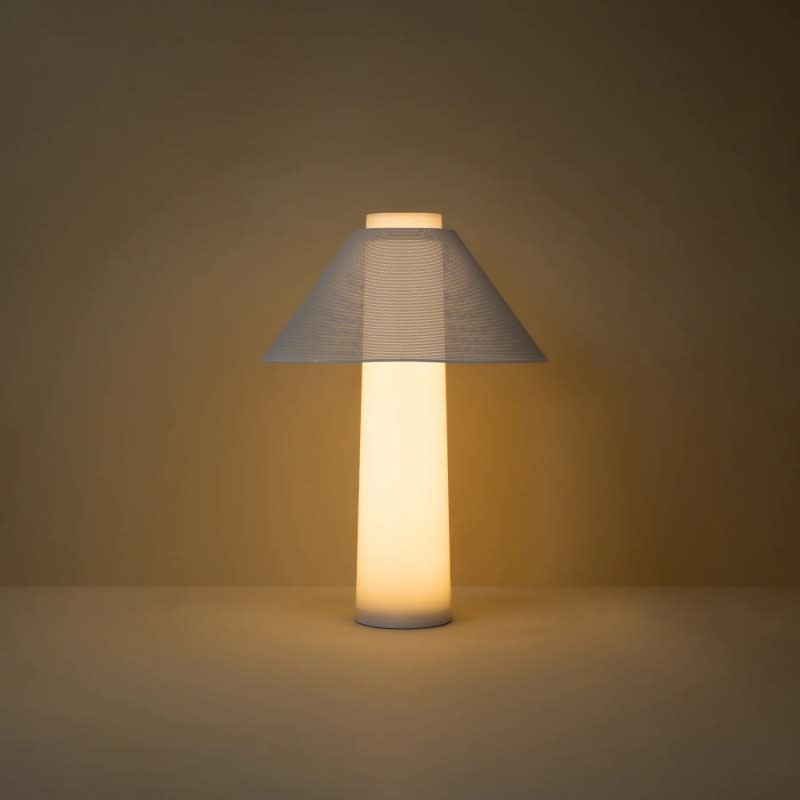
Loftie Lamp, $250 $200, available here
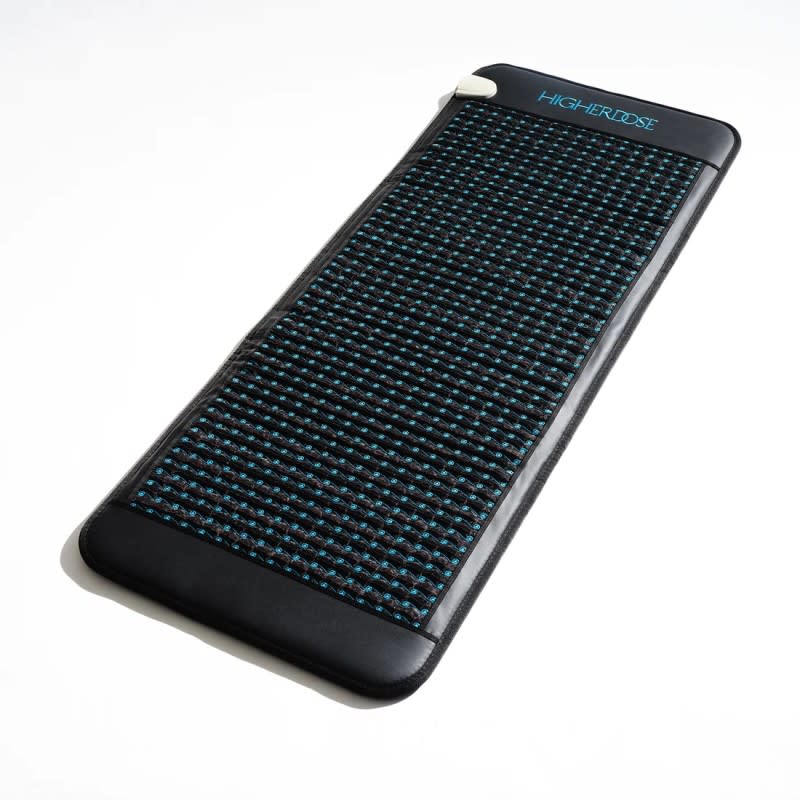
HigherDose Infrared PEMF Mat, $1,295, available here
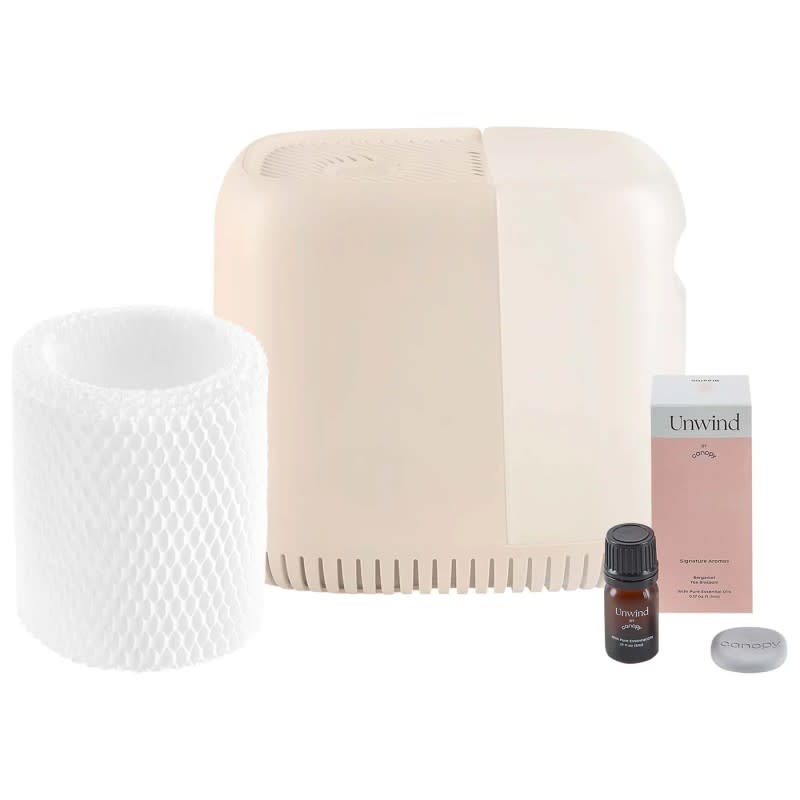
Canopy Humidifier Starter Set, $150, available here
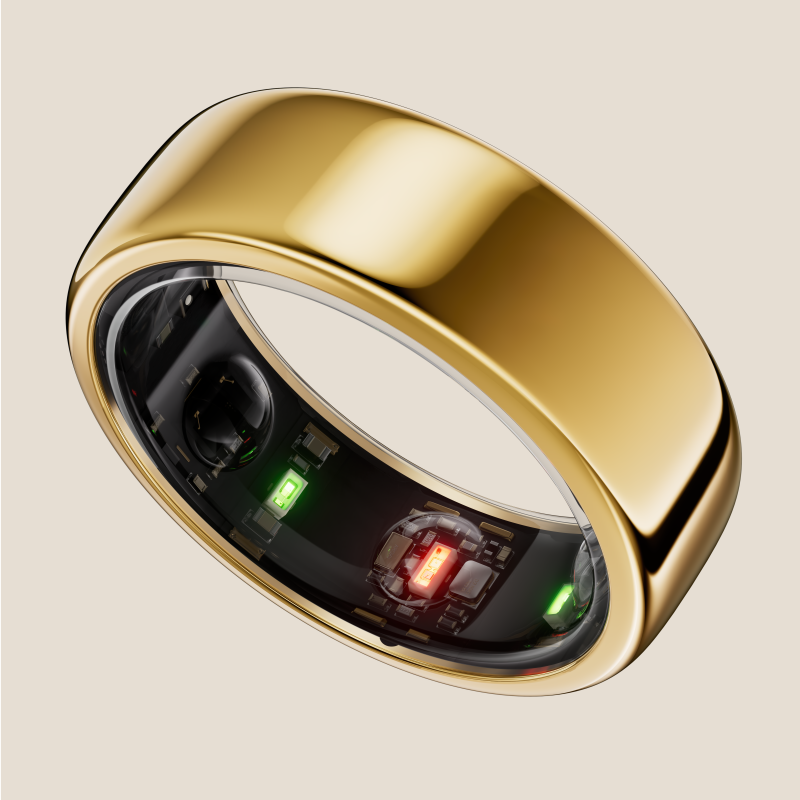
Oura Ring Gen3 in Horizon, starting at $349, available here
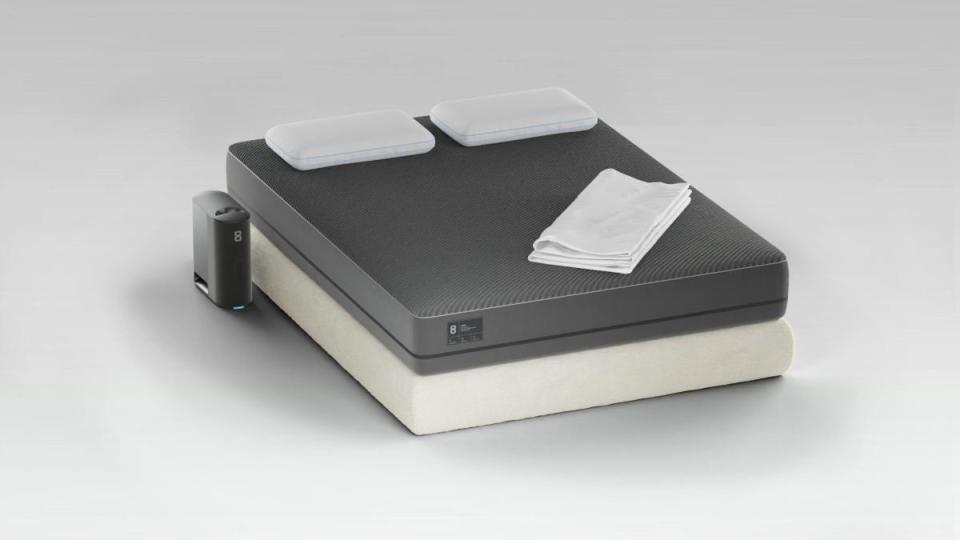
Eight Sleep Pod 3, starting at $2,145, available here
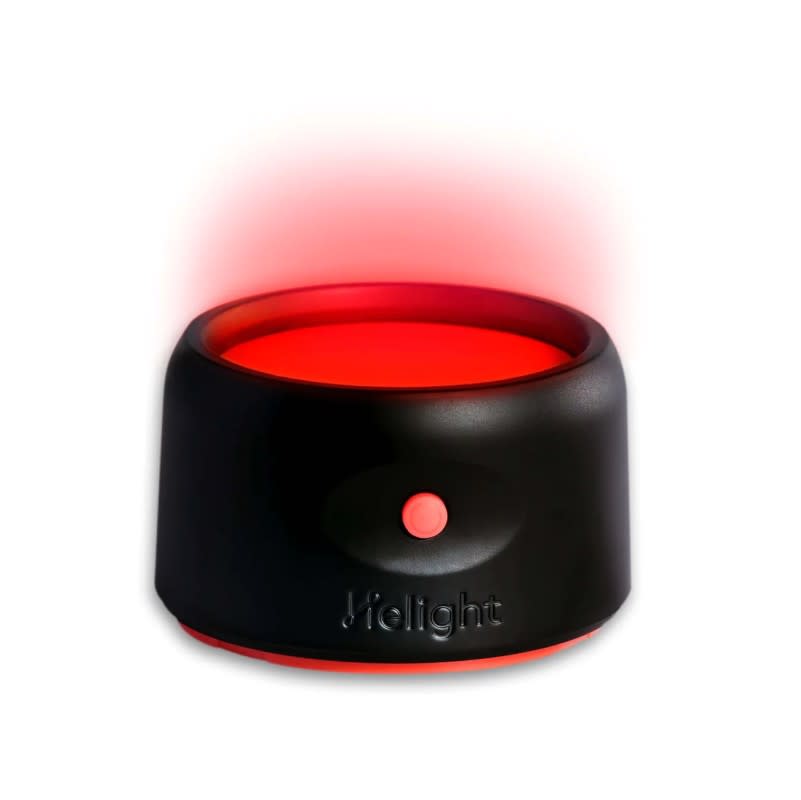
Helight Sleep Red Light Sleep Aid Device, $139, available here
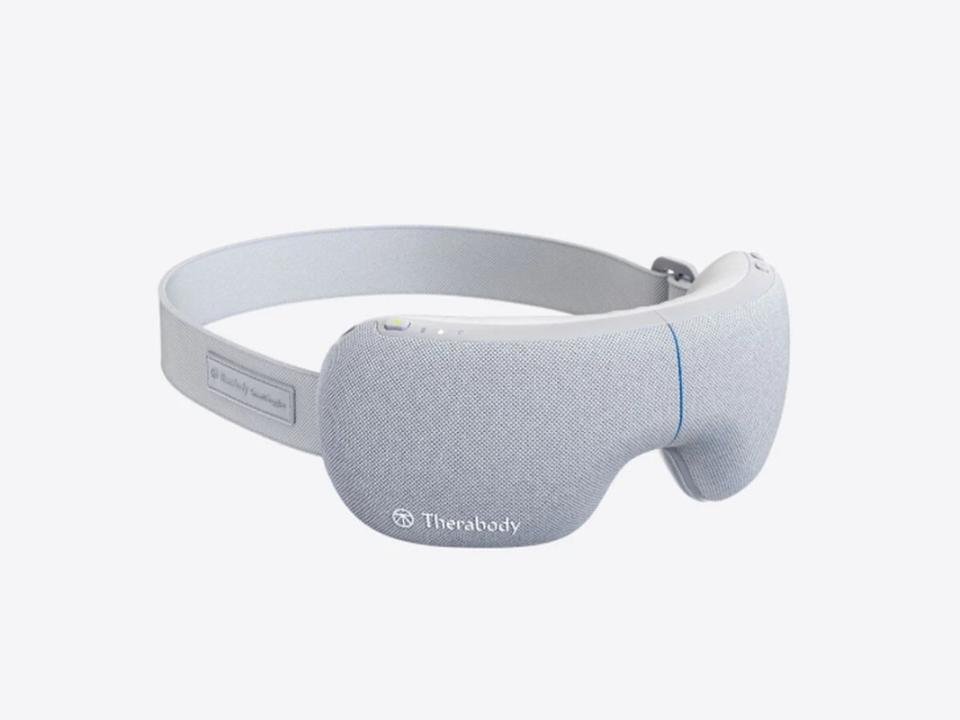
Therabody SmartGoggles, $199, available here
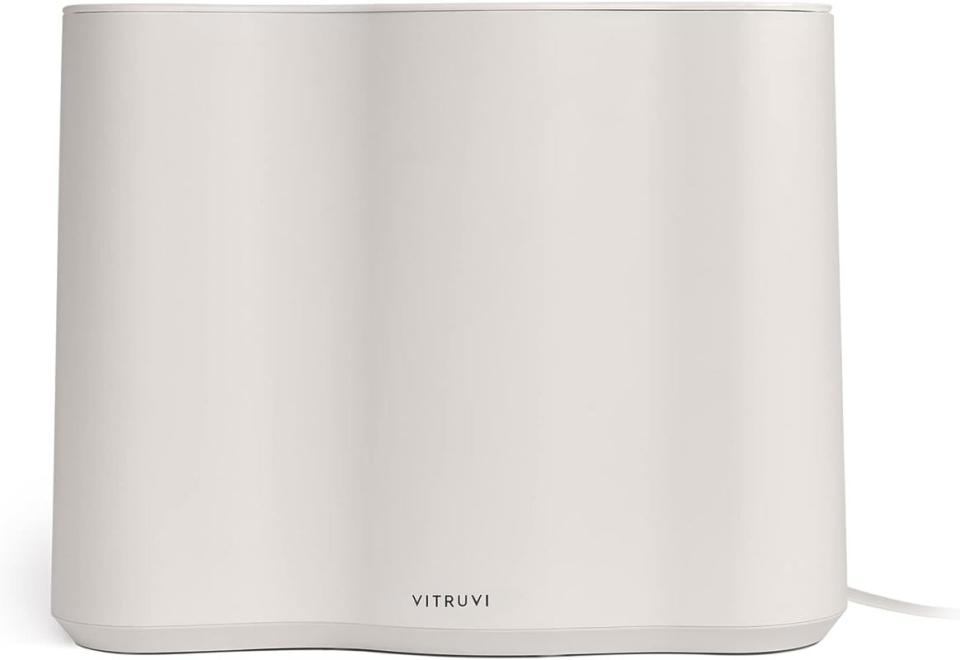
Vitruvi Cloud Cool Mist Humidifier, $229, available here
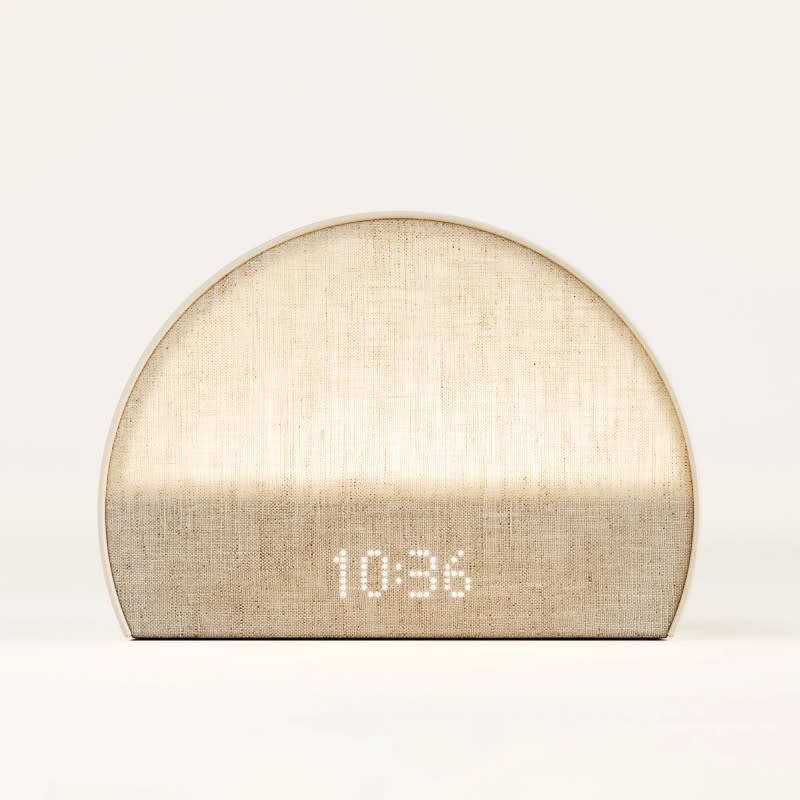
Hatch Restore 2 Smart Sound Machine Alarm Clock, $200, available here
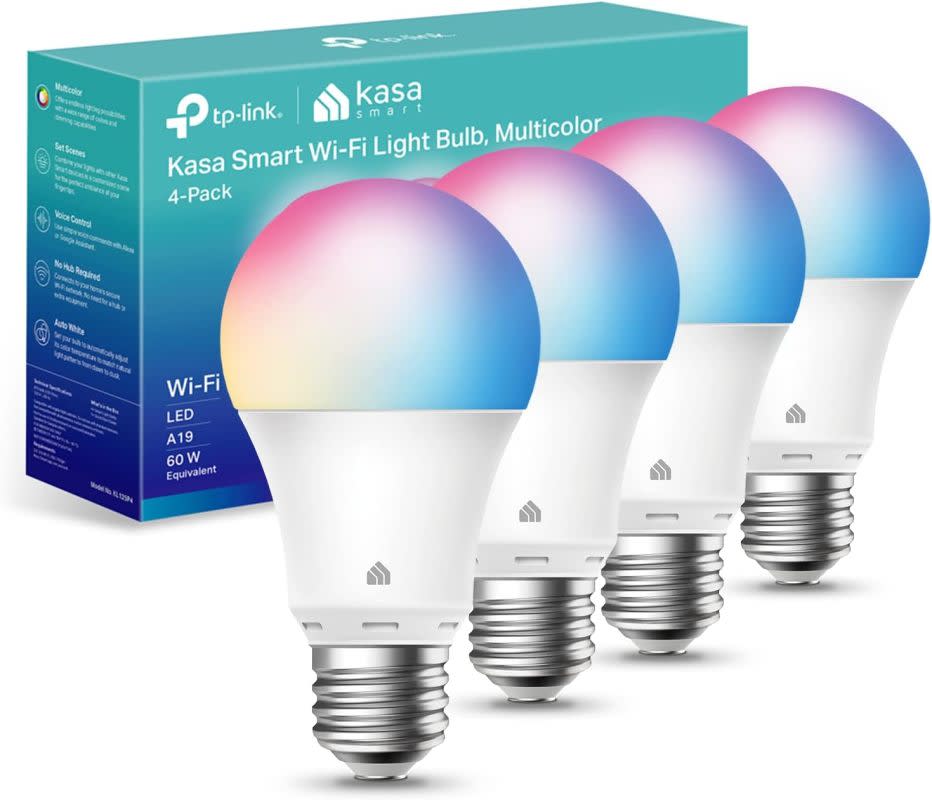
Kasa Smart Wi-Fi Light Bulb, $28 for 4-pack, available here
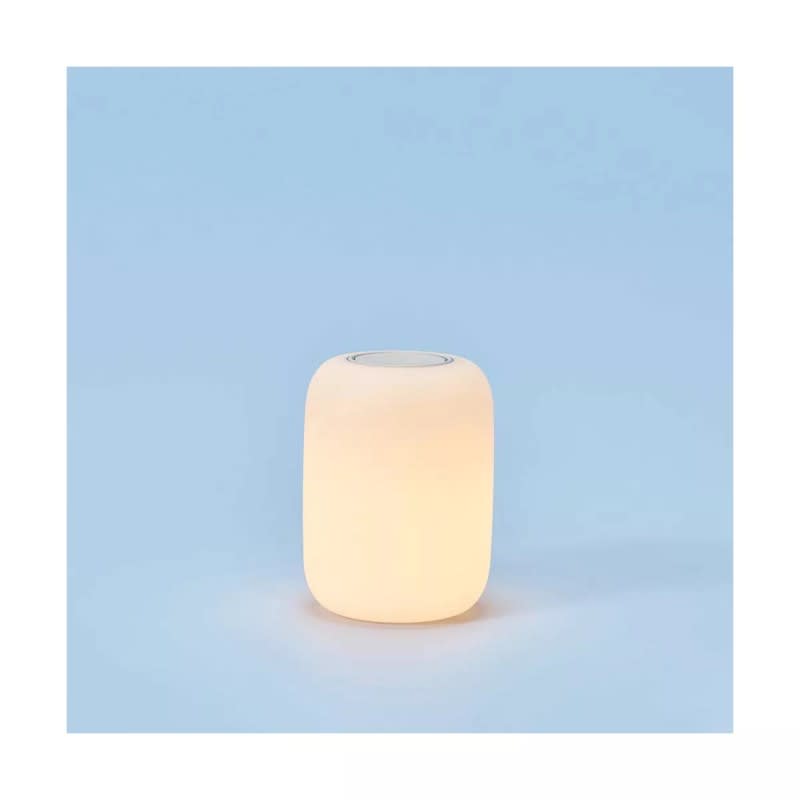
Casper Glow Light, $129, available here
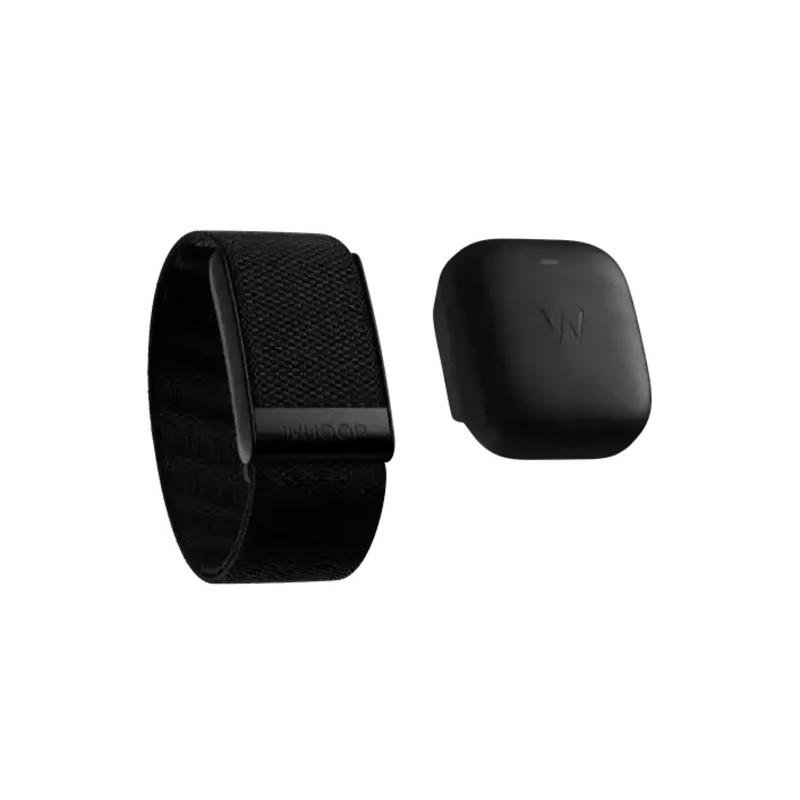
Whoop 4.0 Health and Fitness Tracker, $239, available here
Please note: Occasionally, we use affiliate links on our site. In no way does this affect our editorial decision-making.
Want the latest fashion industry news first? Sign up for our daily newsletter.



